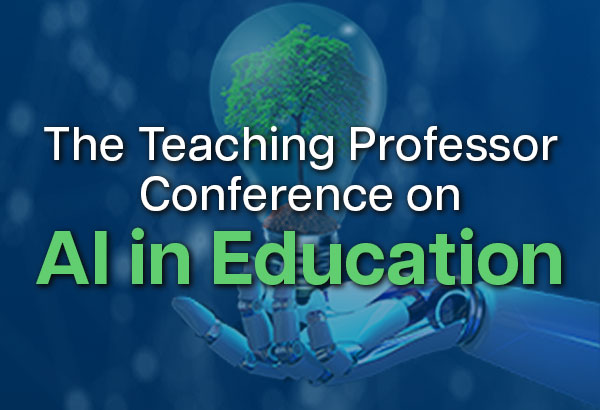In this week’s, The Focus is You, we chatted with Adam Arenson, PhD, associate professor of History at Manhattan College and director of the Urban Studies Program. His work concentrates on history and the memory of North America, and he has written about his scholarship for The New York Times, The Atlantic, and other publications.
But most of all, he says he’s a better teacher when he reminds himself that not all of his students are like him—they may not be majoring in history and may not become professors. He realizes that being a student means there are a lot of competing priorities.
If you could pass on any wisdom to your students, what would you share?
Arenson: My key piece of advice is to always ask. Were the instructions unclear? Was the reading missing? Can you not read what I wrote on the board? Please ask! Other students may have the same issue and they may be even more shy than you are. Speaking up helps everyone, and helps me find mistakes now and improve the course for future students.
What/who influenced you to become a teacher?
A: My mother is a special education teacher, and I had some wonderful teachers in my upbringing in the public schools of San Diego: Mrs. Mitchell, Mrs. Lytwyn, Mrs. Delatorre, Mr. Borden, Mr. Litchfield, Mr. Baldwin, Mr. Blevins, and Mr. Tibbs, all come immediately to mind.
These were teachers who were challenging and passionate in class, and warm and welcoming outside of class; making time for student clubs and individual interests.
What have you incorporated into your classroom that strengthens your teaching?
A: Following advice I first saw in Robert Boice’s book, I work hard not to overprepare. I don’t write out lectures.
I use the whiteboard rather than slides or a projected screen because I can see my students are more engaged when they have to take notes actively, rather than watch passively. And I take a picture of the board at the end of each class and post it online—the keywords are there, but the definitions and significance are only in the notes of those who were actively engaged.
My favorite days in the survey classes are exam reviews. I give students potential ID’s and essay questions, and I have them work in groups to perfect answers, which I then photograph and share with the class as the future answer key for the closed-book test. They understand their test review will only be as good as their preparation that day.
If you could give your ‘first year of teaching-self’ advice, what would it be?
A: In the first year, teaching will be all-consuming. Eventually you will get on top of your research and service obligations as well, but in the first year, don’t be too hard on yourself if teaching and class prep and grading takes all of your time.
I still think Boice has it right about not overpreparing. And I have found James Lang’s books about the first five minutes, the first semester, and the first year to be a wonderfully humane window into the successes and challenges.
How would your past teachers describe you as a student?
A: I was a strong student, taking lots of notes and asking lots of questions from my favorite seat—second row, halfway to the center. If I could go back and give myself advice, it would have been to take more risks—don’t just become an expert in what you already think you will be good at, but try things that seem totally foreign and see what you would learn from successes and failures there.
I am a better teacher when I remind myself that most of my students are not me—they aren’t going to be majoring in this, they aren’t going to become professors. I am honest with them about knowing that, and I think they welcome that acknowledgment. I know being a student means lots of competing priorities.





